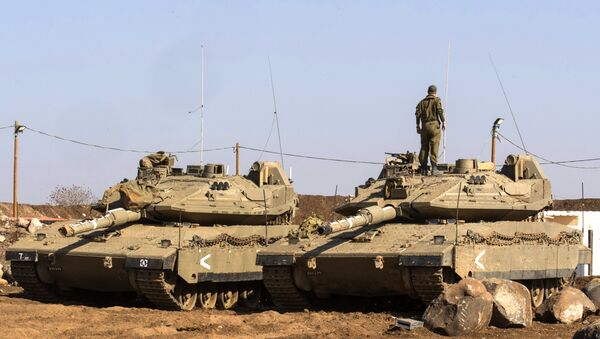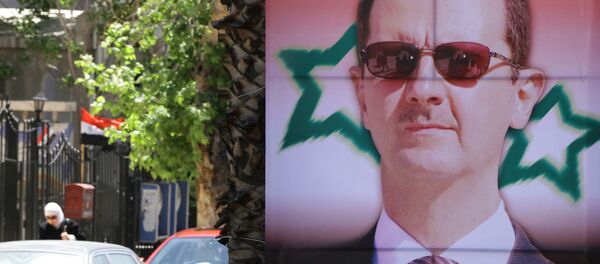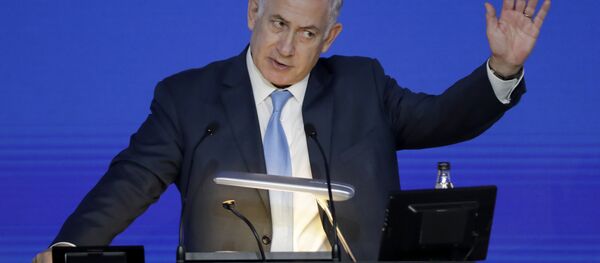Sputnik: What are your thoughts about the Israeli education minister's statement equating Hezbollah to Lebanon, and Israel's treatment of Lebanon as such? What will it mean in practice?
Umer Karim: I think the confrontation [in the] relationship between Lebanon and Israel will further deteriorate. The statement is kind of a signal or sign of things coming in future; specifically after the resounding success of Hezbollah [in elections] in Lebanon.
I think it's very much clear now how significant Hezbollah's level of influence is over the Lebanese state. You can see it now coming from statements by the Israeli side. But even without these statements it was very clear that for the Lebanese state, it's probably very difficult to do something against Hezbollah or Hezbollah's interests.
Umer Karim: I think we have to look at a number of things. There is the issue of governance by the ruling parties and by the government. It has reached a disastrous limit. So basically the government of Prime Minister Saad Hariri has not really done enough for its constituents.
Regardless of the election results, if you focus on voter turnout, it's pathetically low. This means that from all sections of Lebanese society there has been an expression of distrust toward politicians of all stripes, and especially politicians backed by the West.
Sputnik: What about Syria? Israel has expressed its readiness to go after the country's president Bashar Assad if the latter continues to allow Iran to operate from his country. How likely is such a scenario?
Umer Karim: The issue is that Israel now considers its inaction in the Syrian civil war as a strategic disaster, because it not only allowed the survival of the Syrian regime of Bashar Assad, but also the establishment of Iranian military efforts within Syria.
But for now this is more or less posturing, because how can they do this without communicating or coordinating this with Russia? So this is more or less rhetoric, but not practical rhetoric. The signaling is toward Iran that 'we have our options open, so don't think about any strike inside Syria or using your presence in Syria to carry out any strike in Israel or target Israeli military efforts.'
Sputnik: Do you think that a full-blown confrontation between Iran and Israel is possible?
Umer Karim: It's definitely not off the table, but both sides will think a lot before going to such an extent.
We also have to consider: Will this confrontation be a full-blown one, or a limited one, with Iran or Iranian-sponsored militias attacking Israeli military targets in Israel, and then Israel responding with some limited airstrikes against these specific targets? Or will this develop into a bigger, full-blown war, with Israel targeting Iranian-sponsored militias all throughout Syria, and also targeting Hezbollah, with Hezbollah in Lebanon attacking Israel and Israel hitting back toward Hezbollah in Lebanon?
We still have to see how things develop, but I would say there is a grave danger of such a confrontation, if not a full-blown or grand-scale one then a limited one.
Umer Karim is a doctoral researcher focusing on Saudi foreign policy at the University of Birmingham. The views and opinions expressed by Mr. Karim are those of the observer and do not necessarily reflect those of Sputnik.






